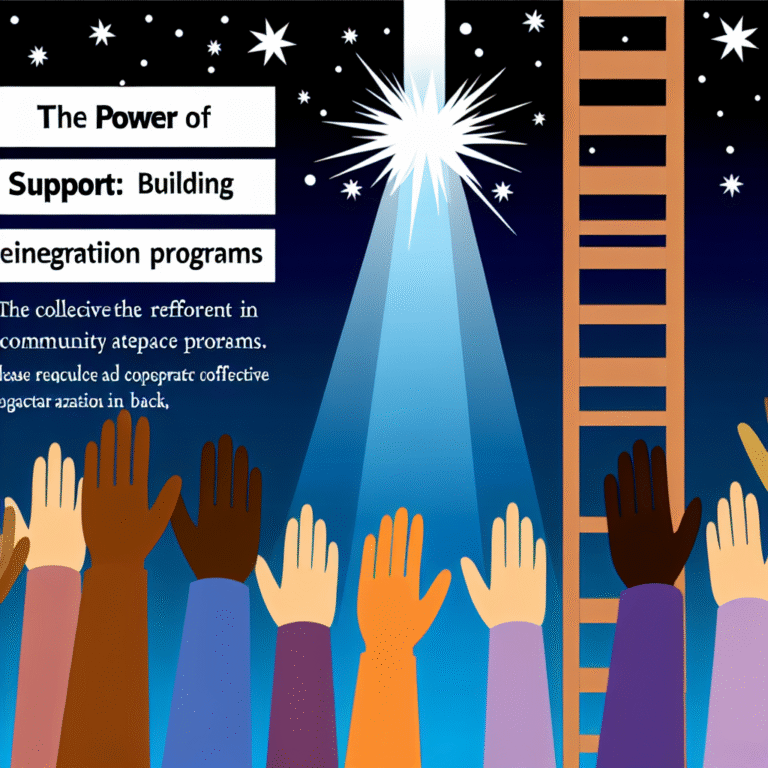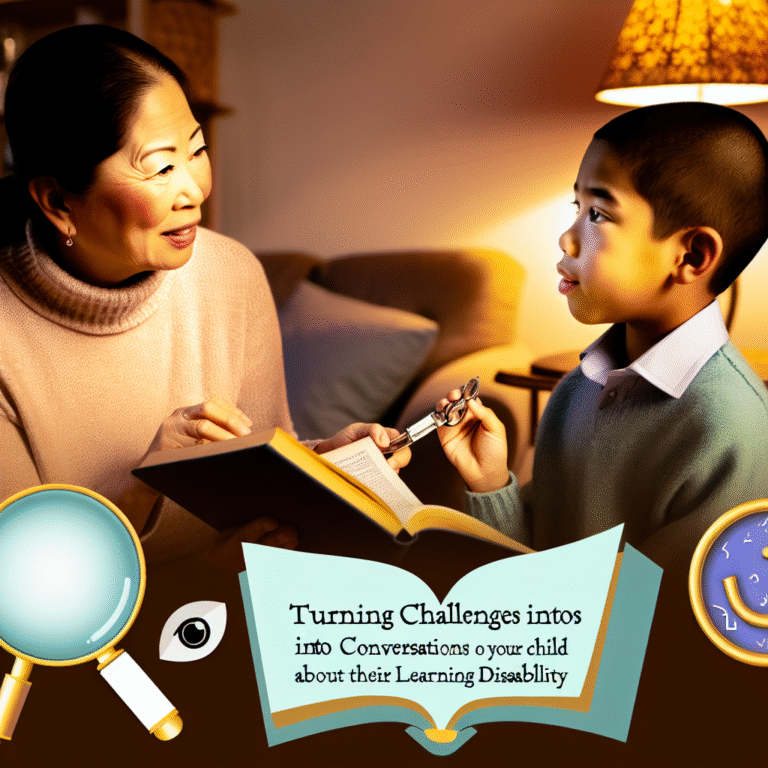
Introduction
Imagine looking over your shoulder every time you step outside, heart racing with every shadow that passes. For many individuals, this is a daily reality—a chilling consequence of being stalked. While stalking is often understood in its immediate, tangible forms, the hidden, long-term psychological impacts are less frequently discussed. Behind Closed Doors: The Long-Term Psychological Impact of Stalking reveals layers of trauma that extend far beyond physical safety, affecting mental health, relationships, and daily functioning.
This article dives deep into the psychological aftermath of stalking, uncovering insights that can help victims understand their experiences and seek support. It’s crucial to shed light on these hidden scars to ultimately foster recovery and resilience.
The Nature of Stalking
Defining Stalking
Stalking encompasses a variety of behaviors intended to control or intimidate another person, such as following, incessant messaging, or even physical intrusion. The National Center for Victims of Crime defines stalking as "a course of conduct directed at a specific person that would cause a reasonable person to feel fear."
The Prevalence of Stalking
Statistics show that approximately 1 in 6 women and 1 in 17 men have experienced stalking in their lifetime, revealing its widespread nature. These figures demonstrate the urgent need for awareness and prevention.
Case Study: The Story of Sarah
Sarah, a 28-year-old woman, became a victim of her ex-boyfriend’s relentless pursuit after their relationship ended. Initially, it started with unwanted texts and calls, escalating to harassing messages on social media. Sarah, feeling trapped, changed her routines to avoid any encounters. This case exemplifies how stalking is often characterized by a gradual escalation that leaves victims feeling increasingly powerless and anxious—both significant contributors to long-term psychological effects.
Psychological Effects of Stalking
Anxiety and Fear
Victims of stalking often experience overwhelming anxiety. The constant fear associated with potential confrontations can lead to chronic stress responses, resulting in conditions such as Generalized Anxiety Disorder (GAD).
Table 1: Common Psychological Reactions to Stalking
| Psychological Reaction | Description |
|---|---|
| Anxiety | Persistent worry and fear of future encounters. |
| Hyper-vigilance | Heightened awareness of surroundings. |
| Depression | Feelings of hopelessness and loss of interest. |
Depression
Beyond anxiety, victims might develop clinical depression, characterized by persistent sadness and a sense of worthlessness.
Case Study: Mark’s Journey
Mark, a 32-year-old man, faced relentless harassment from a coworker. What began as inappropriate comments escalated into threats. Mark reported initially feeling overwhelmed by anxiety, which transformed into a deep, chronic depression over time.
The Impact on Relationships
Erosion of Trust
Stalking profoundly affects victims’ ability to trust others. Relationships with friends, family, and future partners can become strained as individuals grapple with their trauma.
Isolation
Victims may isolate themselves to avoid triggers associated with their stalker, leading to loneliness and further exacerbating their mental health struggles.
Case Study: Jessica’s Isolation
Jessica, a 24-year-old student, distanced herself from her friends after facing stalking. While intended to protect herself, this isolation only enhanced her feelings of despair, illustrating how the impact of stalking extends beyond the individual to affect their social network.
Coping Mechanisms
Therapy and Support Groups
Engaging with therapists who specialize in trauma can greatly assist victims in processing their experiences. Support groups can also provide a sense of community, allowing victims to connect with others who understand.
Journaling as a Healing Tool
Many individuals find solace in journaling. It can be an effective tool for self-reflection and processing emotions, helping victims reframe their experiences and reclaim their narratives.
Case Study: Transformative Therapies
Julia, a 30-year-old woman, found that group therapy provided a platform to express her feelings while listening to others share their stories. Utilizing various coping strategies, she gradually reclaimed her independence and sense of self, emphasizing the importance of community support in healing.
Moving Towards Recovery
Building Resiliency
Understanding the long-term psychological impact of stalking can empower individuals to work towards recovery. Developing coping strategies and rebuilding trust in relationships are vital steps.
Seeking Professional Help
Consulting mental health professionals can lead to tailored treatment plans, addressing individual needs and promoting healing.
Case Study: Tom’s Resiliency Journey
After being stalked for over a year, Tom sought help and gradually surrounded himself with a supportive network. By actively engaging in recovery, he learned to manage his anxiety and reintegrate into social settings, thus highlighting a blueprint for others in similar situations.
Conclusion
Behind Closed Doors: The Long-Term Psychological Impact of Stalking is complex and multifaceted. Victims are often left to navigate a dual landscape of trauma and resilience as they seek to reconstruct their lives. While the journey may be long, awareness and support pave the way for healing. By sharing insights and resources, we empower victims to reclaim their lives, heal their minds, and rebuild healthy relationships. As a community, we must strive for understanding and actionable change to prevent this silent epidemic.
FAQs
1. What constitutes stalking?
Stalking typically involves a pattern of repeated and unwanted attention or contact that instills fear in the victim.
2. How can I recognize if I am being stalked?
Common signs include receiving unwanted messages or calls, being followed, or having someone show up unexpectedly at your location.
3. What steps should I take if I believe I am being stalked?
Document all encounters, seek advice from legal professionals, and consider talking to law enforcement. Don’t hesitate to reach out to supportive friends or mental health professionals.
4. Are there resources available for stalking victims?
Yes, organizations like the National Center for Victims of Crime offer resources, including hotlines and access to legal assistance.
5. Can stalking lead to physical harm?
While many stalking cases do not result in physical harm, there is always a risk. It’s essential to take all threats seriously.
The insights shared in "Behind Closed Doors: The Long-Term Psychological Impact of Stalking" aim to illuminate a path towards understanding and healing. Discussing these hidden consequences not only validates the experiences of many but emphasizes the need for awareness and support. Together, we can create an informed community that champions the safety and well-being of all individuals.















